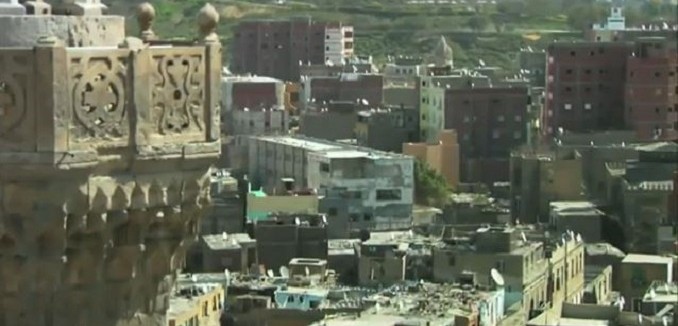Leading Egyptian economists told The Guardian that Egypt is facing its worst economic crisis in eight decades. One of the country’s top economists, Galal Amin, bluntly told the paper that the economic crisis was the worst since the global Great Depression.
In terms of its devastating effect on Egypt’s poorest, the country’s current economic predicament is at its most dire since the 1930s, Galal Amin, professor of economics at the American University in Cairo, and Samir Radwan, finance minister in the months after Egypt’s 2011 uprising, said in separate interviews with the Guardian.
Since the fall of Hosni Mubarak in 2011, Egypt has experienced a drastic fall in both foreign investment and tourism revenues, followed by a 60% drop in foreign exchange reserves, a 3% drop in growth, and a rapid devaluation of the Egyptian pound. All this has led to mushrooming food prices, ballooning unemployment and a shortage of fuel and cooking gas – causing Egypt’s worst crisis, said Amin, “without fear of making a mistake, since the 30s”.
The country has experienced a 60 percent drop in foreign currency reserves since the 2011 Arab Spring revolution that saw the ouster of then-president Hosni Mubarak and his subsequent replacement with the Muslim Brotherhood-backed President Mohamed Morsi.
Morsi’s administration has sought to stabilize the Egyptian economy with a badly needed loan from the International Monetary Fund, but has thus far failed to secure that loan because the administration refuses to implement several IMF preconditions. Instead, Cairo had hoped that a $3 billion infusion from Qatar would be sufficient to supplement IMF funds. Analysis released this week indicates that the Qatari money will be inadequate to sustain Egypt’s economy.
[Photo: PBSNewsHour / Youtube]




